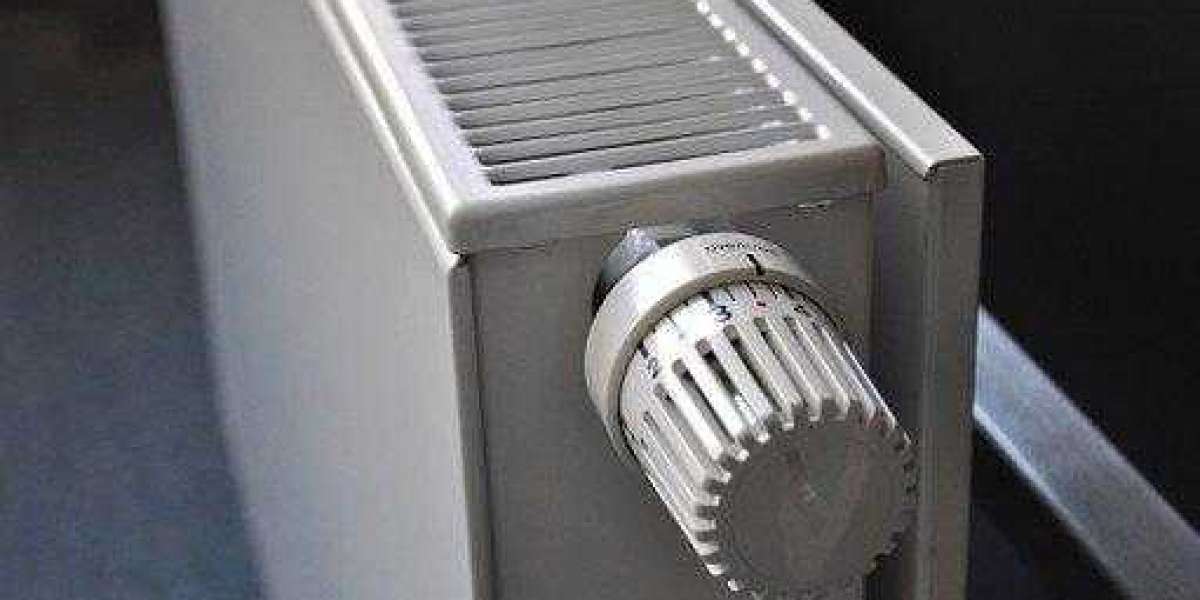Here's all you need to know about ICSI treatment in Kenya
- Indications for ICSI
ICSI is primarily used in cases of male factor infertility, such as:
- Low sperm count (oligospermia)
- Poor sperm motility (asthenospermia)
- Abnormal sperm morphology (teratospermia)
- Obstructive or non-obstructive azoospermia (absence of sperm in the ejaculate)
- Previous failed fertilization attempts with conventional IVF
2. Evaluation and Preparation:
Before undergoing ICSI Treatment in Kenya, both partners undergo a thorough fertility evaluation, including medical history, physical examinations, hormone level testing, semen analysis, and assessment of the woman's reproductive anatomy. The woman may also undergo ovarian stimulation to produce multiple mature eggs for retrieval during the IVF procedure.
3. Ovarian Stimulation:
To increase the chances of success, the woman receives fertility medications to stimulate the ovaries and promote the development of multiple follicles. Regular monitoring through ultrasounds and hormone level testing is conducted to assess follicle growth and determine the optimal timing for egg retrieval.
4. Egg Retrieval:
The egg retrieval procedure is performed under sedation or anesthesia. Using ultrasound guidance, a thin needle is inserted into the ovaries to gently aspirate the mature follicles and collect the eggs. The eggs are then immediately transferred to the laboratory for fertilization.
5. Sperm Collection:
On the day of egg retrieval, the male partner provides a fresh semen sample, or sperm may be retrieved through other methods such as testicular sperm extraction (TESE) or epididymal sperm aspiration (PESA) in cases of azoospermia. If the semen sample contains only a few sperm or if sperm quality is poor, sperm may be selected and prepared for ICSI through a process called sperm washing.
6. ICSI Procedure:
The ICSI procedure is performed in the laboratory shortly after the egg retrieval. It involves the following steps:
- A mature egg is held in place with a specialized holding pipette.
- A single sperm is selected and immobilized using a microinjector pipette.
- The immobilized sperm is carefully injected directly into the egg cytoplasm using a microneedle.
- The injected eggs are placed in an incubator and monitored for fertilization.
7. Fertilization and Embryo Development:
After the ICSI procedure, the fertilized eggs (embryos) are incubated in the laboratory under optimal conditions. The embryologist monitors their development over the next few days, observing cell division and growth. The resulting embryos are graded based on their quality and developmental progress.
8. Embryo Transfer:
On a designated day, typically 3 to 5 days after the egg retrieval, the selected embryos are transferred into the woman's uterus. This is a minimally invasive procedure performed without anesthesia. A thin catheter is inserted through the cervix and into the uterus, where the embryos are gently released. Any remaining viable embryos may be cryopreserved (frozen) for future use.
9. Pregnancy Testing and Follow-up:
Approximately two weeks after the embryo transfer, a pregnancy test is conducted to determine if the treatment was successful. Blood or urine tests may be used to detect the presence of the pregnancy hormone, hCG (human chorionic gonadotropin). If the test is positive, further monitoring through ultrasound examinations is done to confirm the viability and location of the pregnancy.
10. Success
Rates and Considerations:
ICSI has significantly improved the chances of fertilization and pregnancy for couples with male factor infertility. The success rates of ICSI depend on various factors, including the quality of the eggs, sperm, and embryos, as well as the woman's age and overall reproductive health. The success rates can range from 40% to 50% per treatment cycle.
It's important to note that ICSI, like any medical procedure, carries potential risks and considerations. These include the possibility of failed fertilization, genetic abnormalities, multiple pregnancies, and the emotional and financial implications of the treatment. It is advisable to consult with a fertility specialist who can provide personalized guidance and support throughout the ICSI treatment process.








